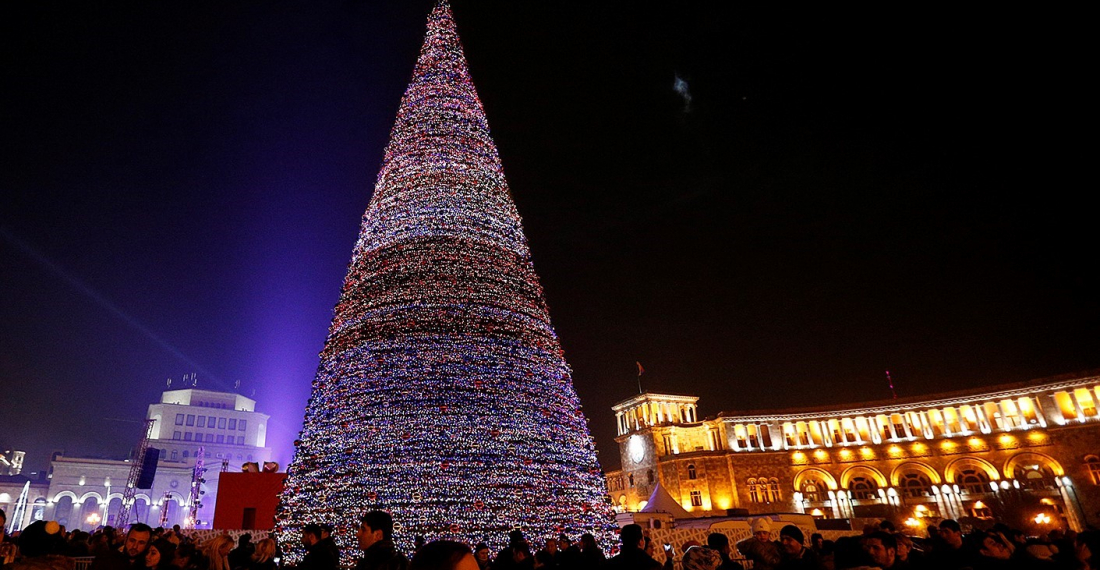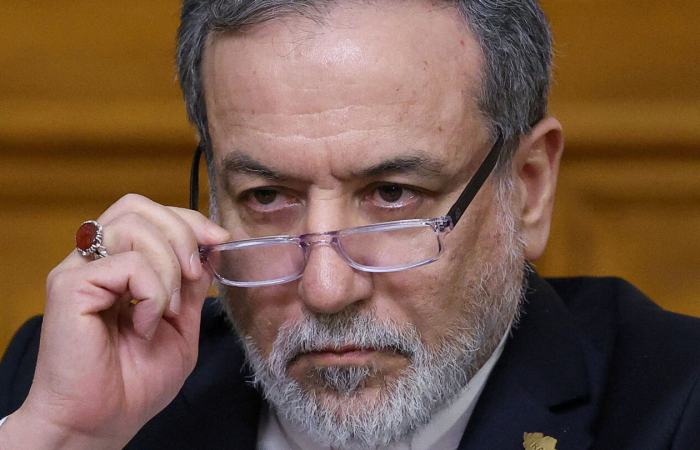В Кавказский регион прибыл дух праздничного сезона, где главным праздником является Новый год, а Рождество отмечается официально только в Армении и Грузии, где он отмечается в начале января, согласно православному календарю. В центре празднований находится рождественская елка, которую в регионе все чаще называют «новогодней». Установка елки обычно знаменует собой конец политического года и начало короткого перерыва, когда основное внимание уделяется семье, друзьям и веселью.
Во всем регионе 2018 год был значительным годом с важными политическими и социальными событиями. В Армении больше чем где-либо год стал насыщенным событиями, где весеннее политическое потрясение, которое назвали «бархатной революцией», действительно стало концом эпохи. То, что произошло в Армении в 2018 году, будет оказывать влияние на страну и регион в течение многих лет.
Поэтому было уместно то, что премьер-министр Никол Пашинян в пятницу был на площади Республики Еревана, где были устроенны праздничные мероприятия, которые включали в себя концерт и фейерверк.
источник: commonspace.eu
фото: Премьер-министр Никол Пашинян в пятницу (21 декабря) должен был зажечь "новогоднюю елку" на главной площади Еревана. (фото любезно предоставлено пресс-службой правительства Армении).







